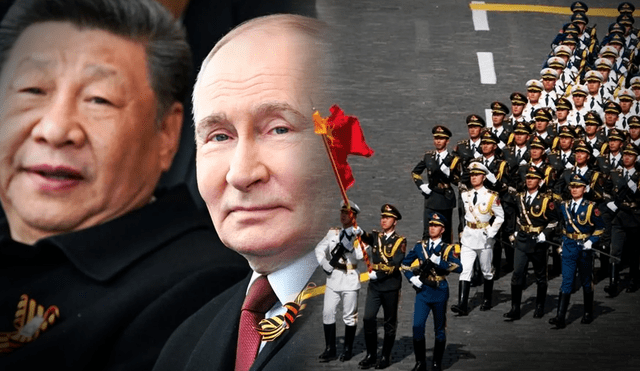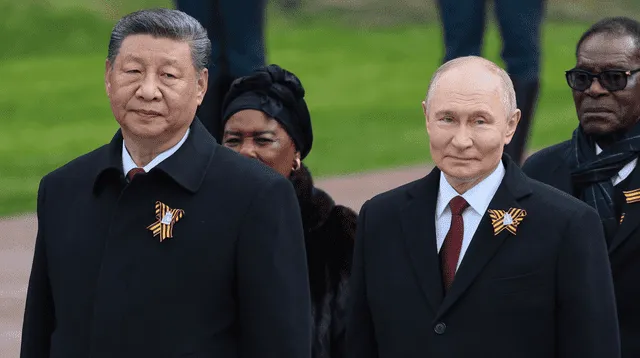Xi Jinping stands with Putin at Russia’s Victory Day parade
Chinese President Xi Jinping attended Russia's Victory Day parade alongside Vladimir Putin, celebrating their countries’ growing alliance amid the ongoing Ukraine conflict.

On May 9, 2025, Chinese President Xi Jinping attended Russia's Victory Day parade, marking a historic event as the two leaders strengthened their bilateral ties.
The parade, which commemorates the Soviet Union's victory over Nazi Germany, saw a heightened display of military might, with Russian President Vladimir Putin leading the festivities in Red Square. Xi’s presence highlighted the deepening China-Russia alliance amidst the ongoing geopolitical tension, particularly concerning the war in Ukraine.
China-Russia relations amid global tensions
The attendance of the Chinese president was significantly important, and if anyone had any doubt about it, they both decided to step together at the podium, showcasing their unity against what they called "the collective West". In his speech, Putin thanked China for their incredible role of navigating the complexities of the conflict with Ukraine

Chinese President Xi Jinping joins Russian President Vladimir Putin at the Victory Day parade, marking a symbolic moment in the growing ties between the two nations. Photo: BBC
Xi Jinping, also brought more than 100 Chinese soldiers alongside him to the parade. With both China and Russia openly opposing Western policies. Putin’s remarks highlight the shared vision of both nations to confront global challenges and protect their sovereignty.
China-Russia military cooperation: the symbolism of the parade
Although Russia's Victory Day parade displayed a very large variety of military hardware including advanced missile systems, tanks, and drones, the main focus of the event was the Chinese military contingent's participation, which signaled the partnership of the 2 countries.
However, as Putin praised the "courageous people of China" for their allyship during World War II, the government in Taiwan said Beijing and Moscow had distorted history. According to Taiwan, Chinese communist forces had made "no substantial contribution" in the war, unlike China's then republican government, which later fled to Taiwan.













